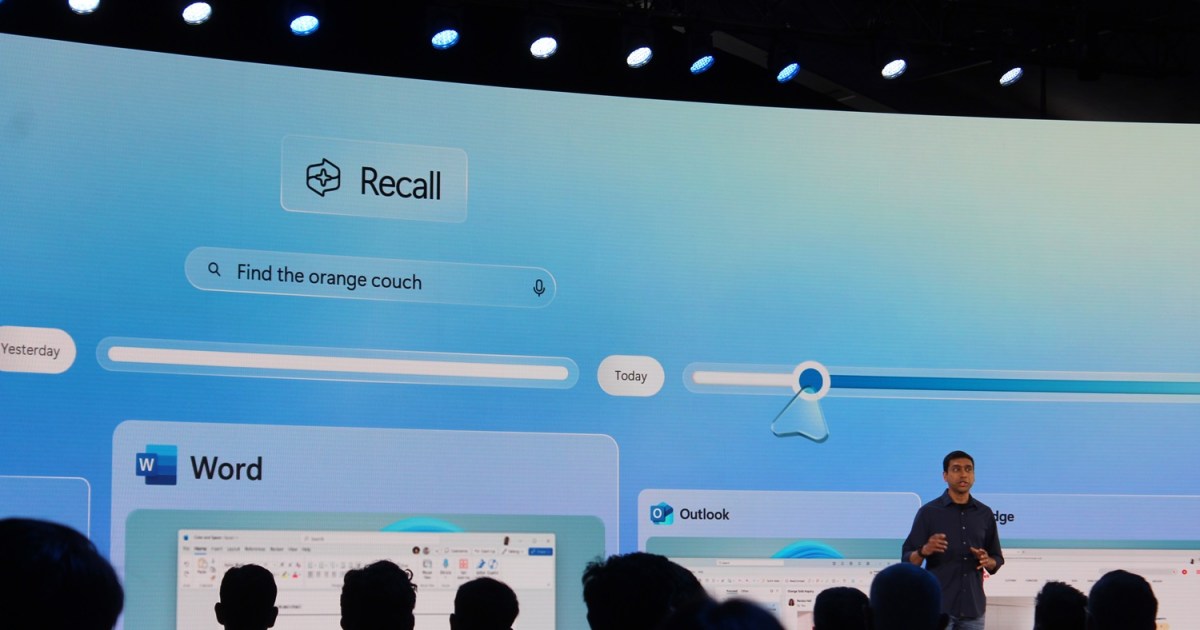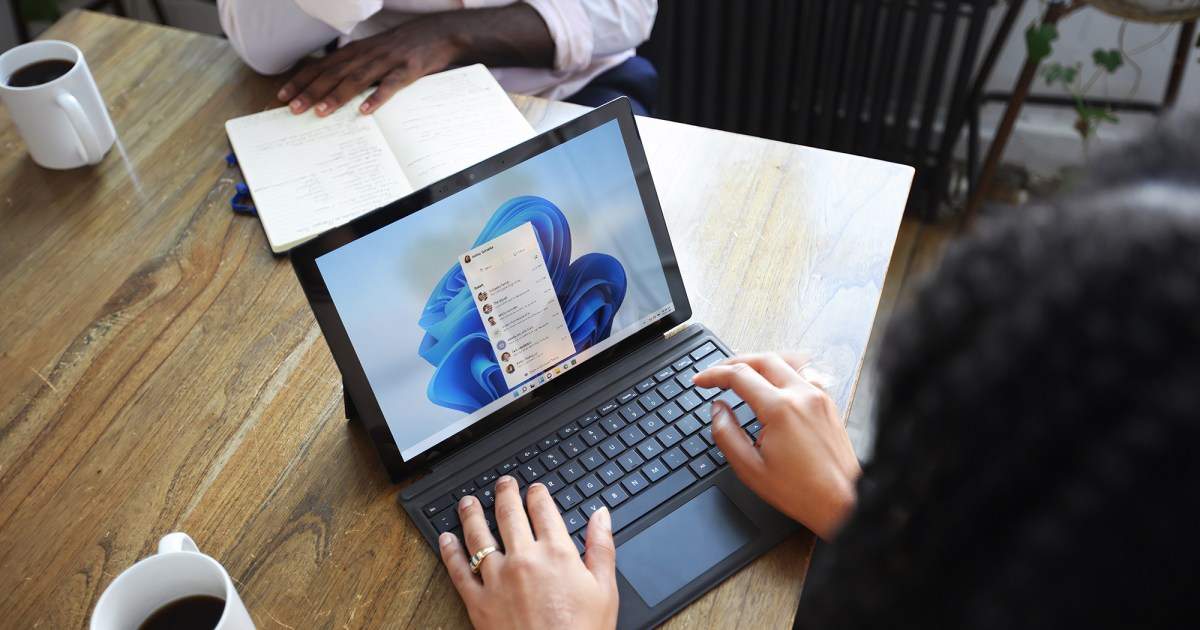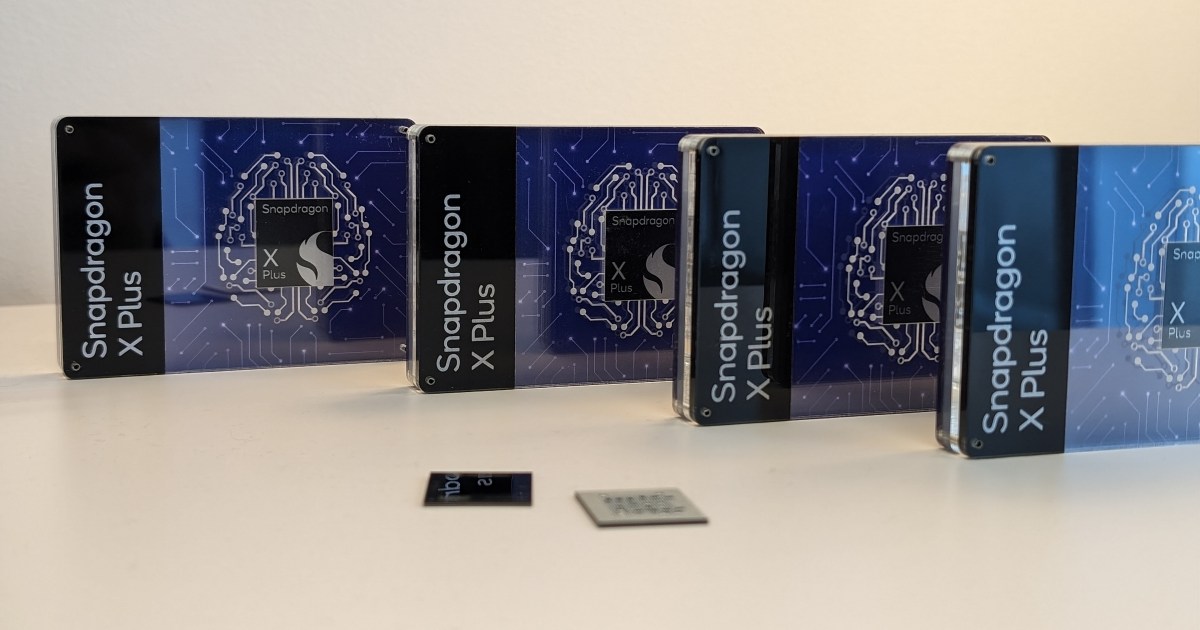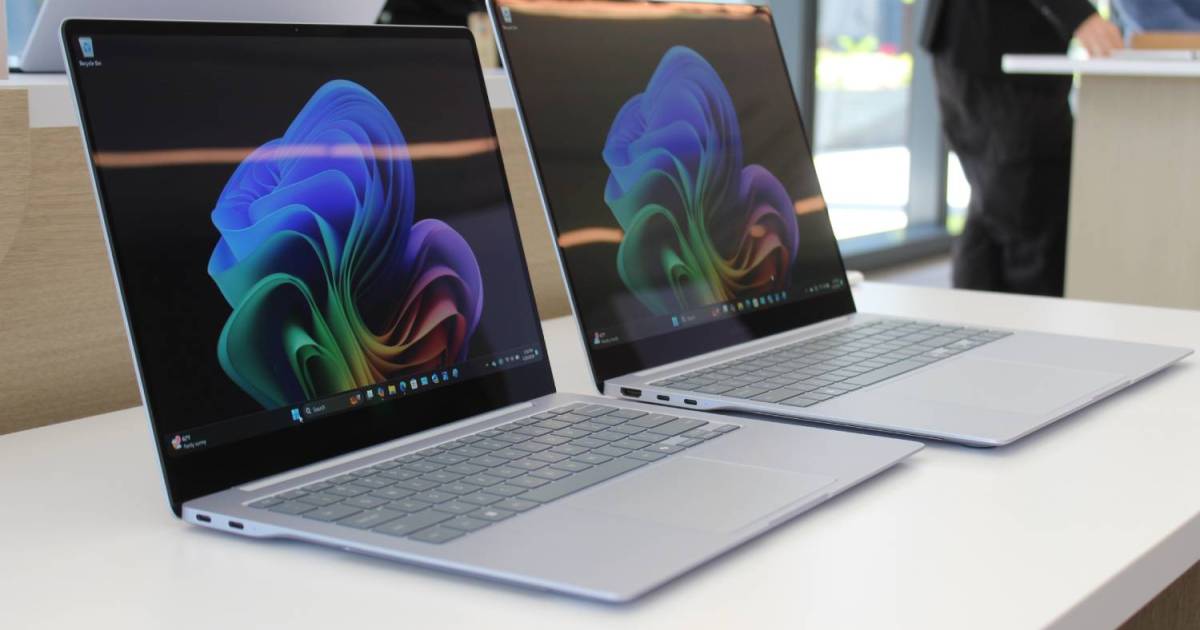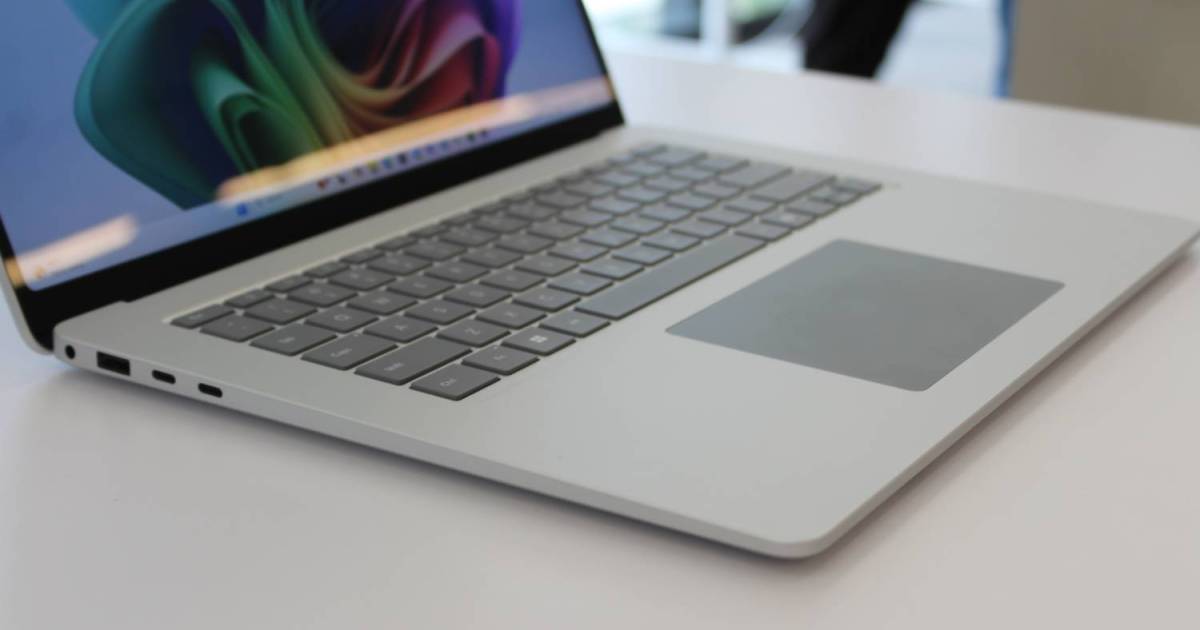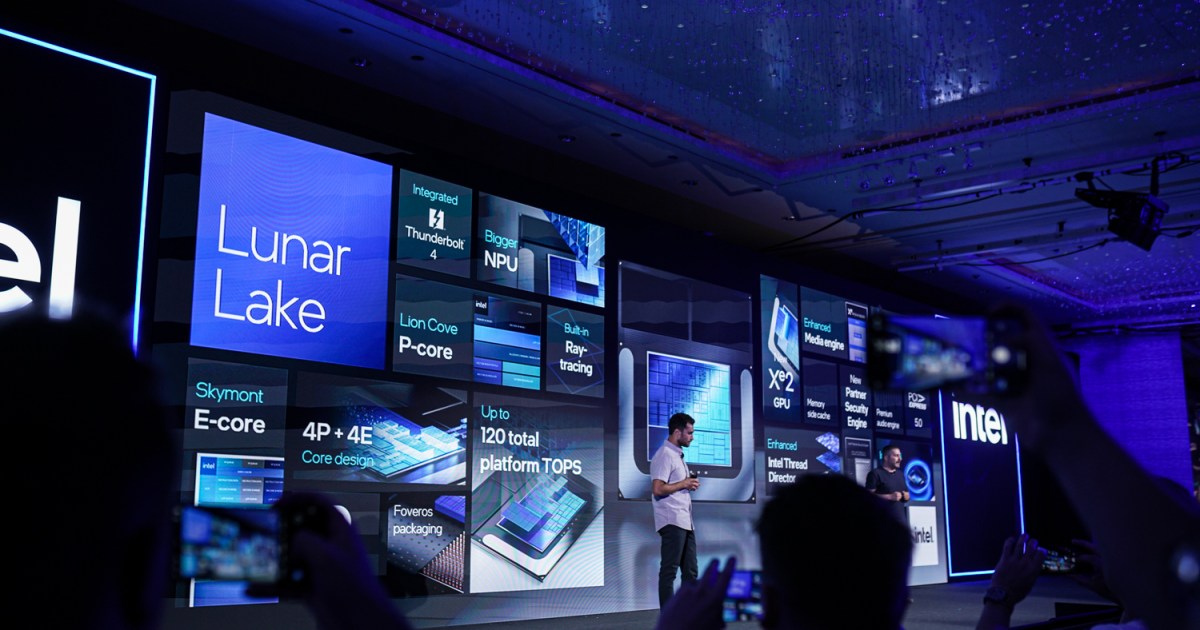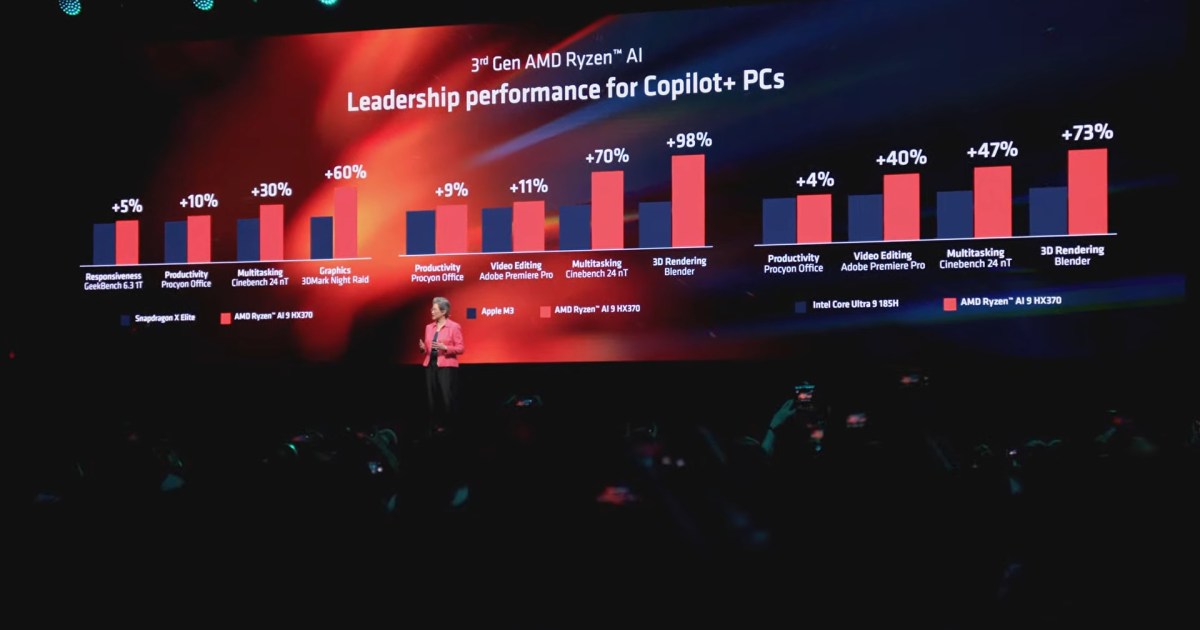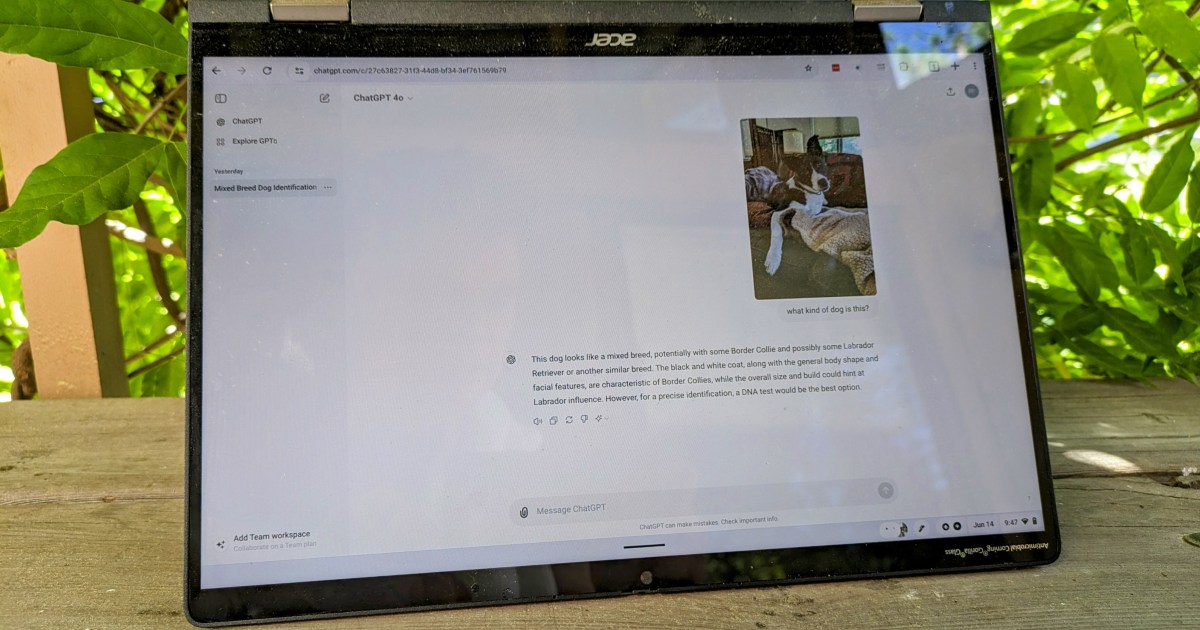Microsoft’s ambition to highlight the prowess of its new NPU and AI models with the launch of Copilot+ PCs led to the creation of Recall. While it promises a revolutionary shift in how we interact with our PCs, it has also ignited privacy concerns.
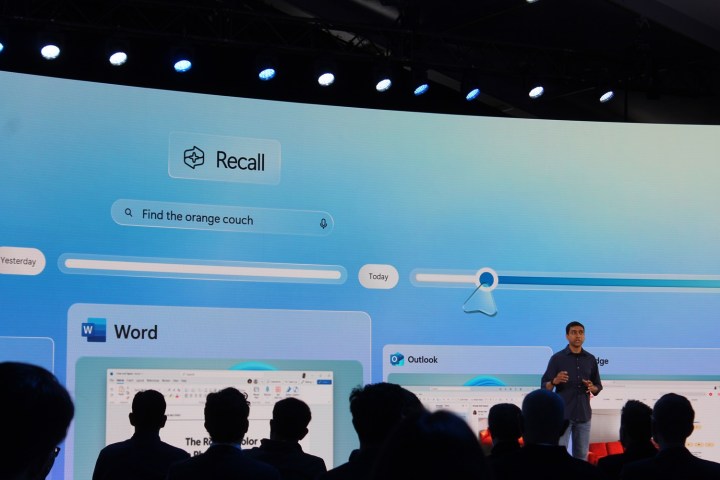 Microsoft introducing the Recall feature in Windows 11.
Microsoft introducing the Recall feature in Windows 11.
Understanding Recall’s Functionality
Recall, in its essence, is an advanced search tool for your PC activity. It provides a timeline of your app usage and website visits, enhanced by AI-powered natural language processing. This allows you to search using conversational queries, enabling Recall to sift through your digital footprint – apps, conversations, websites – and pinpoint information, even without exact keyword matches.
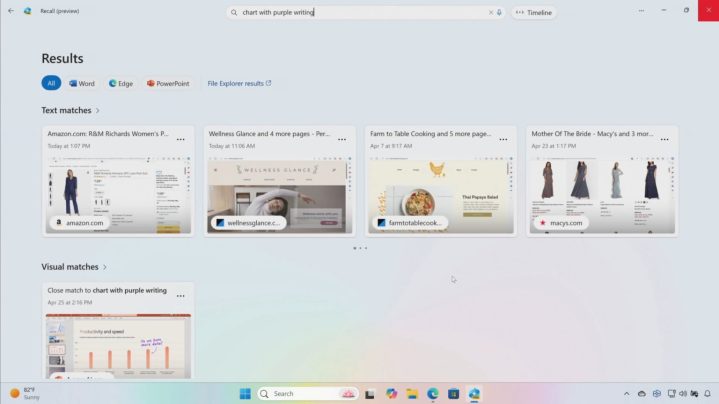 A screenshot of the Recall feature in Windows.
A screenshot of the Recall feature in Windows.
Recall categorizes results as “close matches” or “related matches,” further distinguishing between “text matches” and “visual matches.” For example, a search for “goat cheese pizza” might also yield results related to other Italian dishes. Microsoft illustrates its potential by suggesting scenarios like retrieving a specific quote from a Teams message for a PowerPoint presentation or locating a misplaced file without knowing its exact name or location.
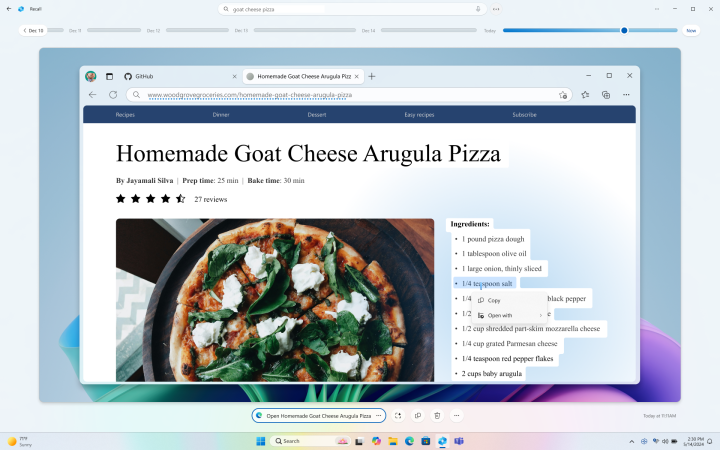 Web elements in Recall being called up and interacted with.
Web elements in Recall being called up and interacted with.
Furthermore, Recall facilitates interaction with the retrieved content directly within the interface. Whether it’s a photo, text, or website, Recall offers context-specific options. Accessing Recall is convenient, either through the taskbar or the Windows Key+J shortcut.
Addressing the Privacy Uproar
Recall’s reliance on constantly running background language models, capturing snapshots of user activity every five seconds, has understandably raised privacy flags. This continuous monitoring, feeding data to the PC’s NPU, means every website visit, video watched, typed word, and direct message is tracked.
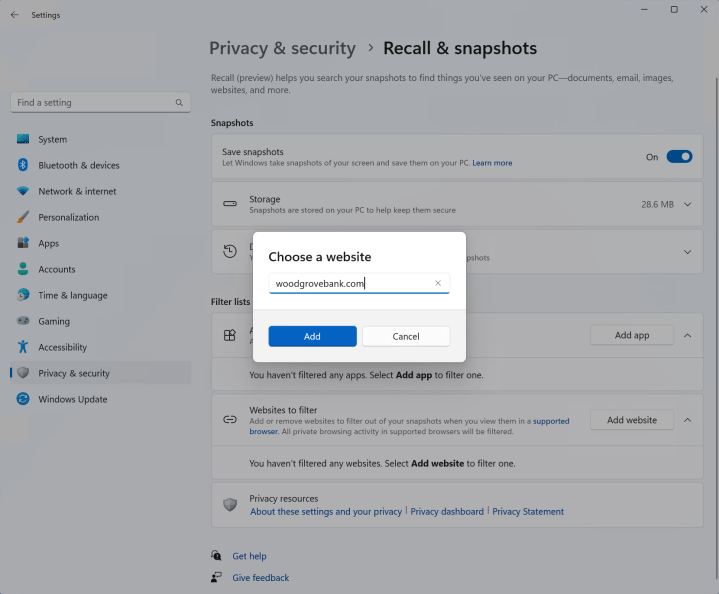 A screenshot of Recall settings filtering out certain websites.
A screenshot of Recall settings filtering out certain websites.
Security researcher Kevin Beaumont highlighted several privacy and security concerns, prompting Microsoft to revise Recall’s implementation. It is now an opt-in feature, secured by Windows Hello. Further addressing the growing concerns, Microsoft delayed Recall’s release for the initial wave of Copilot+ PCs.
Upon its eventual release, Recall is expected to offer granular control over data access. Users can filter apps and websites, delete data segments, and entirely disable the feature. Storage limits can be set to manage data retention. Microsoft emphasizes that Recall’s NPU-centric design ensures on-device processing, preventing data transmission to the cloud or sharing with Microsoft. The company also assures that data is not used for model training.
Device Compatibility and the Future of Recall
Currently, Recall is exclusive to Copilot+ PCs, excluding even next-gen AMD and Intel devices initially. Its release on Snapdragon X PCs was also postponed due to security concerns, with an eventual rollout planned through a future update.
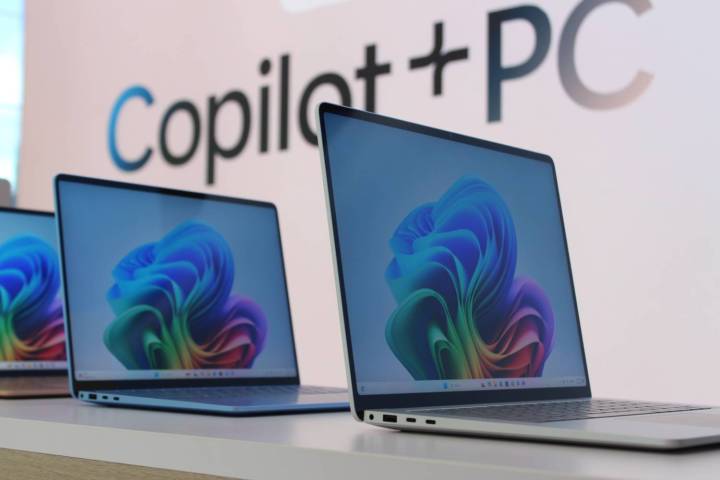 The Surface Laptop shown in front of a Copilot+ sign.
The Surface Laptop shown in front of a Copilot+ sign.
These Copilot+ PCs, powered by an efficient NPU capable of 40 TOPS at low wattages, represent a significant advancement in ARM Windows PCs. While questions remain about the necessity of the NPU for Recall, and why GPUs aren’t sufficient, Microsoft positions it as a key enabler for the feature’s performance and battery life. While Recall’s wider availability remains uncertain, its development underscores the growing importance of NPUs in future computing.



